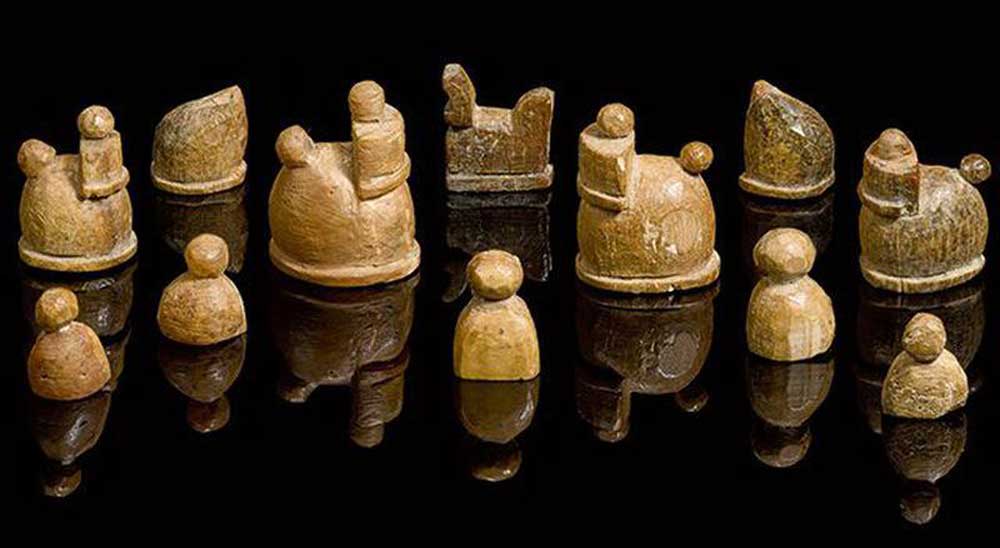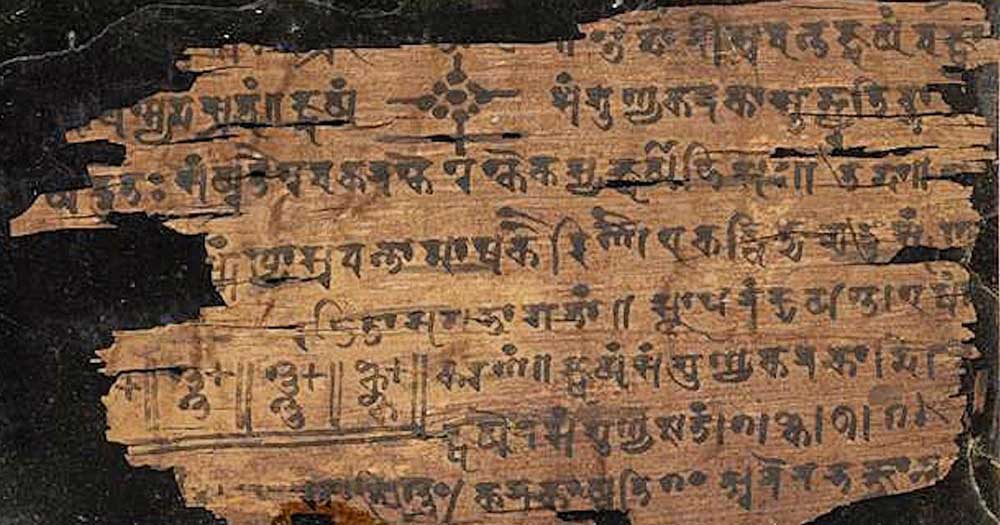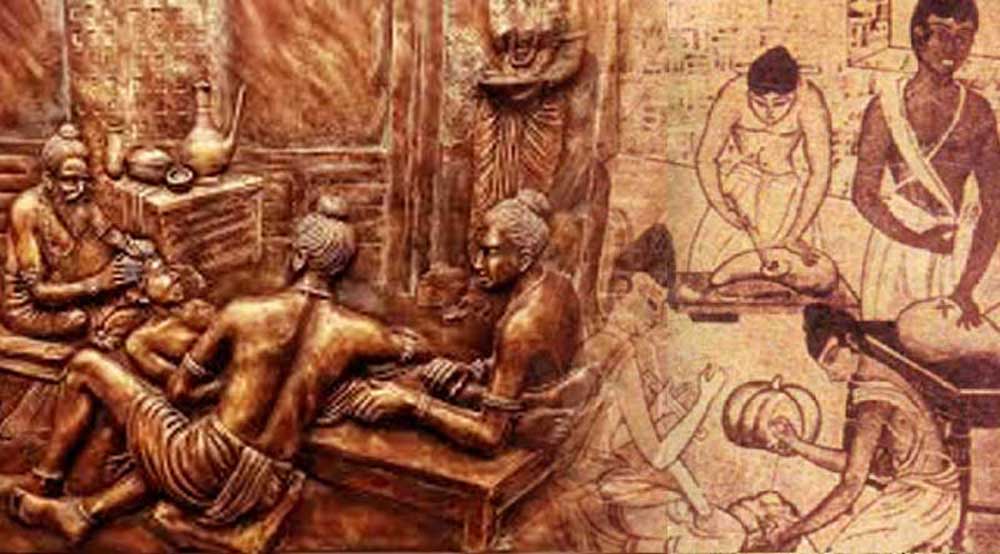India is one of the oldest continuous living civilisations in the world. Its inhabitants made significant contributions to numerous advancements in the fields of science, technology, art, and culture. According to archaeological research, Indian civilisation has existed continuously since at least 8000 BC. The largest site of the Harappan Civilisation, Rakhigarhi, is located almost in the middle of the Saraswati River basin in the Indus Valley Civilisation. DNA studies from the excavations there reveal that the site was occupied from the Early Harappan period (5500 BCE-2600 BCE) to the Mature Harappan period (2600 BCE-1900 BCE).

Being the second oldest civilisation in the world, the prehistory of Indian rock art is considerably longer; the age of some of these sites is estimated to be between 40,000 and 10,000 years. According to the UNESCO Advisory Body Evaluation (ICOMOS) report for the Bhimbetka cave paintings in India, which are recognised as a UNESCO world heritage site, at least one of the excavated shelters has documentation demonstrating continuous occupation from 100,000 BCE (Late Acheulian) to 1000 AD.
A civilisation existing for so long has had the opportunity to lead the way in creating several groundbreaking innovations and contributions to human history.

Started From Zero
Ancient Indians made pioneering contributions in the field of mathematics. Around the fifth century CE, the concept of zero, or shunya, was introduced in India, and it completely changed mathematics. The foundation for algebra and trigonometry was established by Aryabhata's ‘Aryabhatiya’ (499 CE), and geometric ideas, such as the well-known Pythagorean theorem, were contained in the ‘Sulba Sutras.’ Furthermore, India invented the decimal numbering system that is still in use even today.
Ancient Healing Process: Ayurveda
The ancient Indian healing system known as Ayurveda, which made use of a wide range of minerals, had a significant impact on the advancement of chemistry. All significant fields of human knowledge and endeavour were covered by science and technology in ancient and mediaeval India. From the Bronze Age to the Iron Age, metallurgy has been a fundamental activity for every succeeding civilisation that originated in an early society. India was a country with unparalleled proficiency in the field of metallurgy since ancient times.
Healing Without Medicine: Yoga
Yoga is a branch of Ayurveda that was established in ancient India to treat mental and physical ailments without the use of drugs. The Sanskrit text Yoktra is where the word yoga originates. ‘Yoking the mind to the inner self after detaching it from the outer subjects of senses’ is its literal meaning.

Origin Of Surgery
Sushruta is considered the founding father of surgery. He performed complex surgeries like caesarean sections, cataract operations, prosthetic limb implantations, fractures, kidney stones, and even plastic and brain surgery 2,600 years ago, together with other medical experts of the day. The usage of anesthesia was well documented in ancient India. There were about 125 surgical instruments used. Numerous texts also contain extensive knowledge of physiology, anatomy, aetiology, embryology, digestion, metabolism, genetics, and immunology.
India Wasn’t Alone
The world comprises 195 countries and some of these have origins that date back thousands of years. Although the idea of a nation-state or country is relatively new, many countries have long histories, with some of the earliest civilisations making substantial contributions to human history. After considering continuous occupancy and historical continuity, these are the seven oldest nations or civilisations.
Egypt: Established in 3100 BCE, Egypt is the world's oldest country. The pharaohs, the pyramids, and the hieroglyphic writing of ancient Egypt. With a history spanning more than 5,000 years, ancient Egypt is one of the oldest civilisations in the world, having been united by King Menes.
China: China’s Xia Dynasty was one of the very first dynasties known to have been created around 2070 BCE, placing it third on the list. It has a long dynastic history and made notable contributions to philosophy from Taoism and Confucianism, and its innovations of paper and gunpowder.
Iran: The Achaemenid Empire, which ruled Iran circa 550 BCE, is fourth on the list. The Persian Empire made important advances in literature, architecture, and art. One of the biggest empires in antiquity, the Achaemenid Empire was established by Cyrus the Great and left a lasting impact in the region.
Greece: Around 800 BCE, Greece (Archaic Greece) came into being. It is the world's fifth-oldest civilisation and the cradle of democracy, philosophy, the Olympics, and Western civilisation. Western culture and intellectual traditions have been greatly affected by ancient Greece, with its city-states such as Sparta and Athens.
Japan: Ranked sixth on the list, it was founded approximately in 660 BCE. It has a long history of imperial rule, distinctive culture, and breakthroughs in the arts and sciences. Japan maintains a continuous imperial line that stretches back to the mythological Emperor Jimmu's creation, and archaeological data from the Jomon period demonstrates the existence of a sophisticated culture.
Ethiopia: It was founded as the Kingdom of D'mt in 980 BCE, making it the sixth oldest country on Earth. With its origins in the Kingdom of Aksum, it is one of Africa's oldest continuously existing civilisations. One of the first regions to embrace Christianity and a significant commercial empire in ancient times, the ancient Kingdom of Aksum is an integral part of Ethiopian history.
Image source: Brew minate, Digital ocean spaces, Homegrown